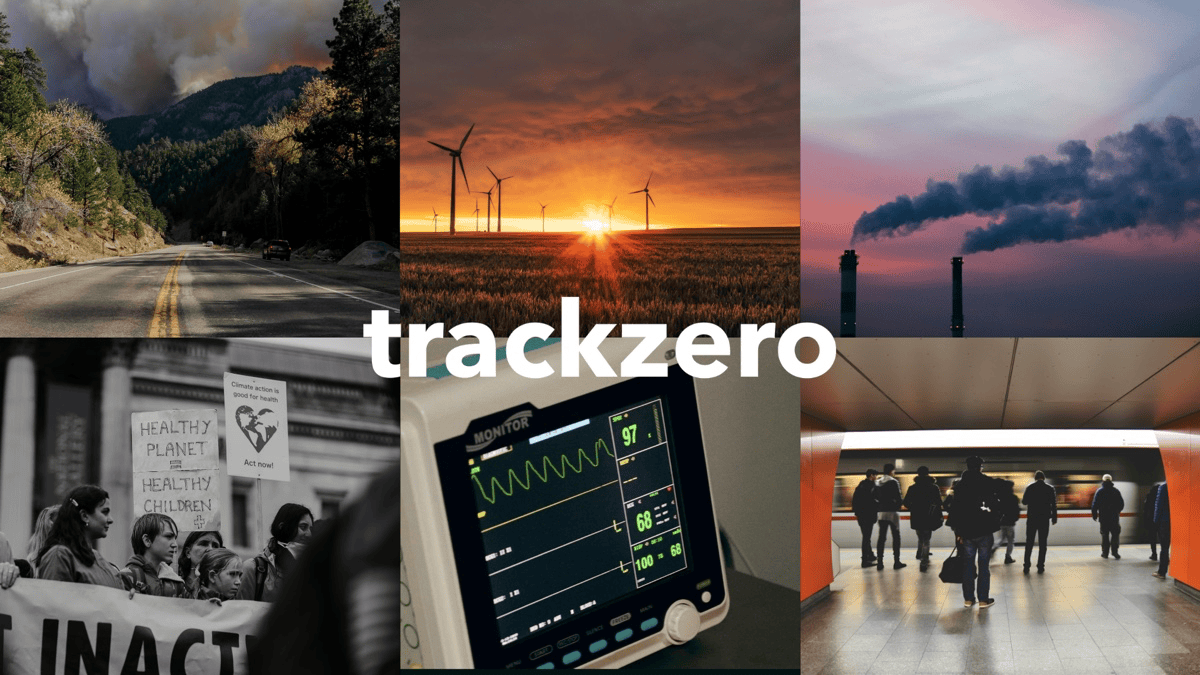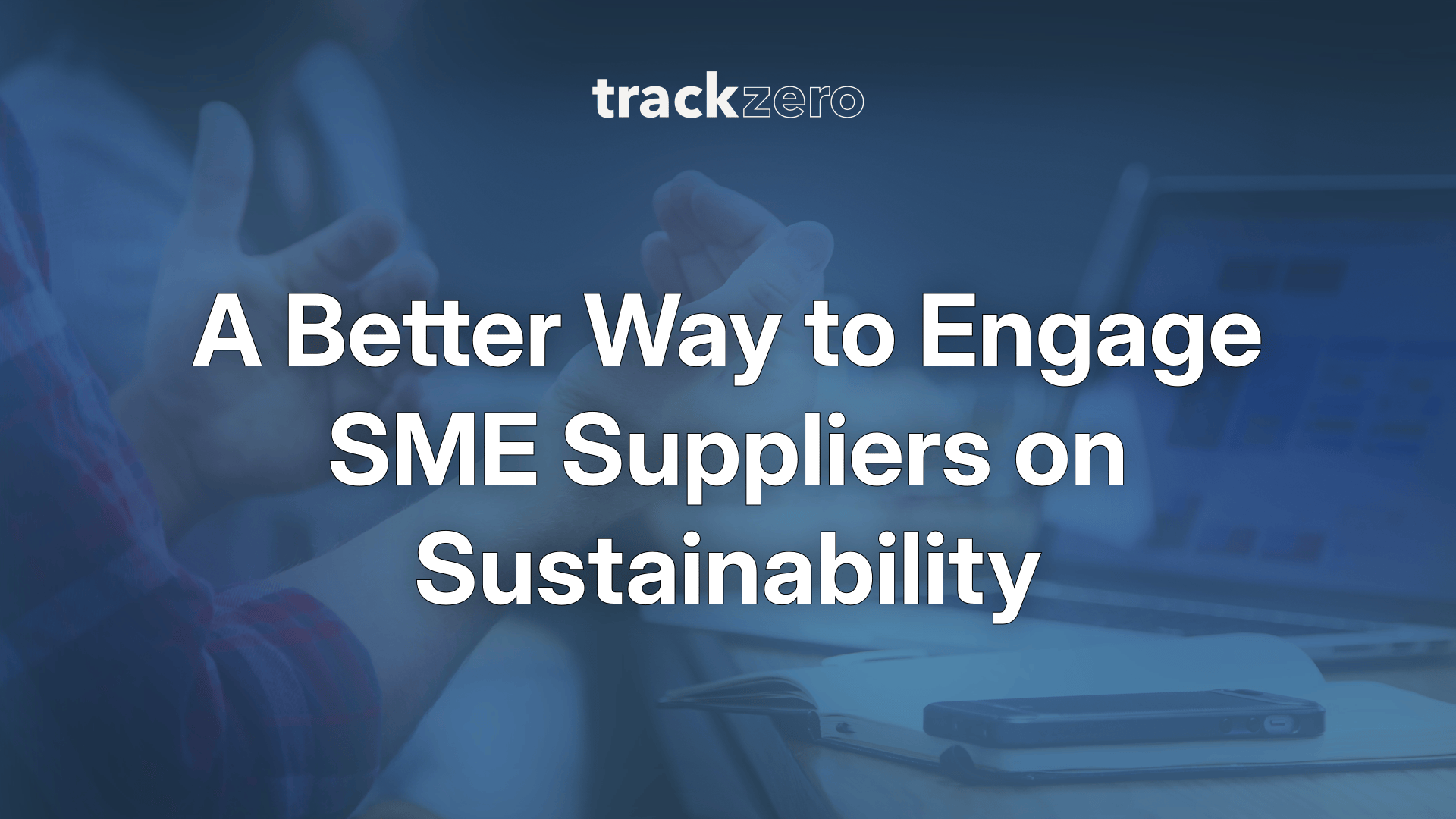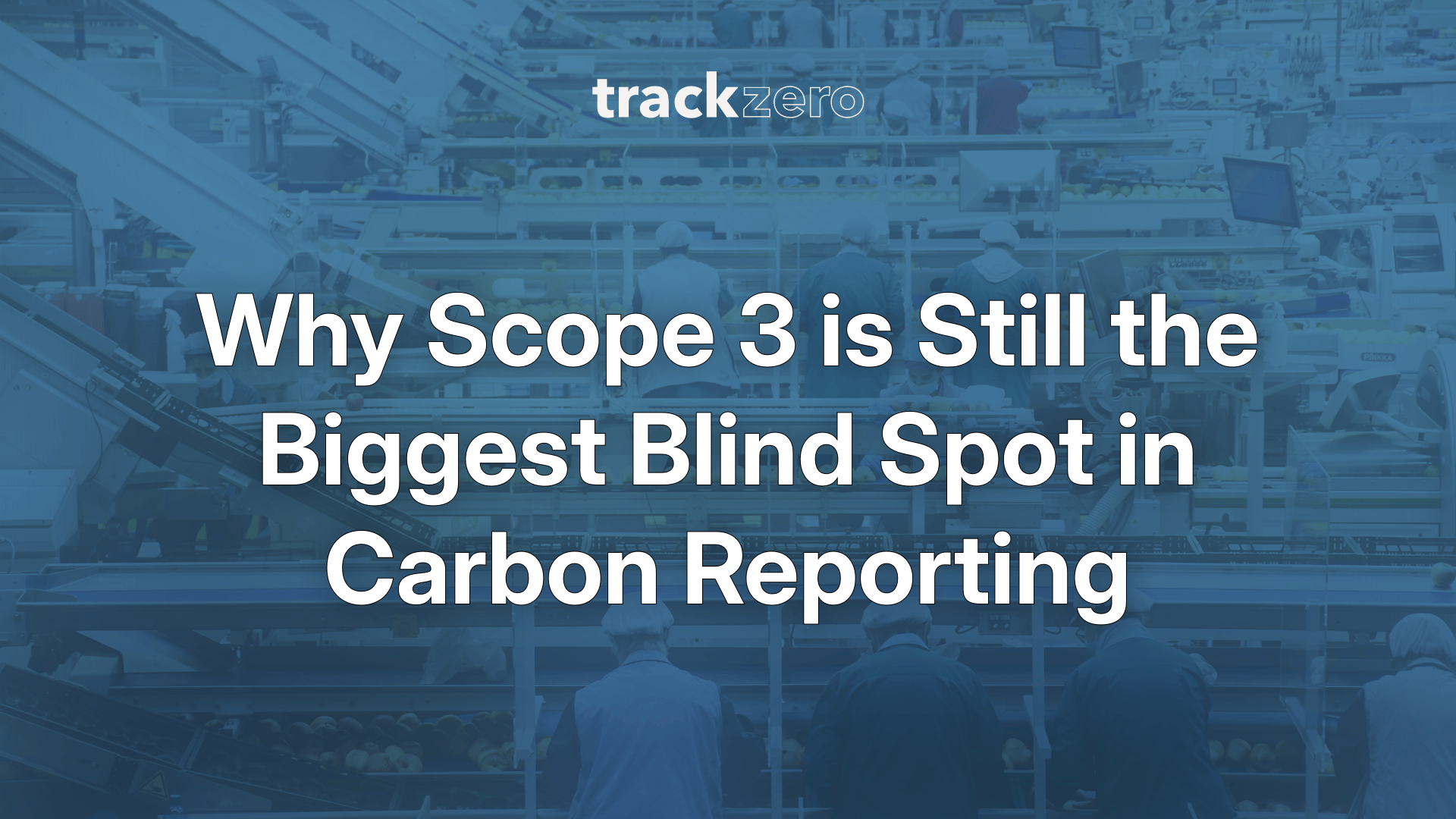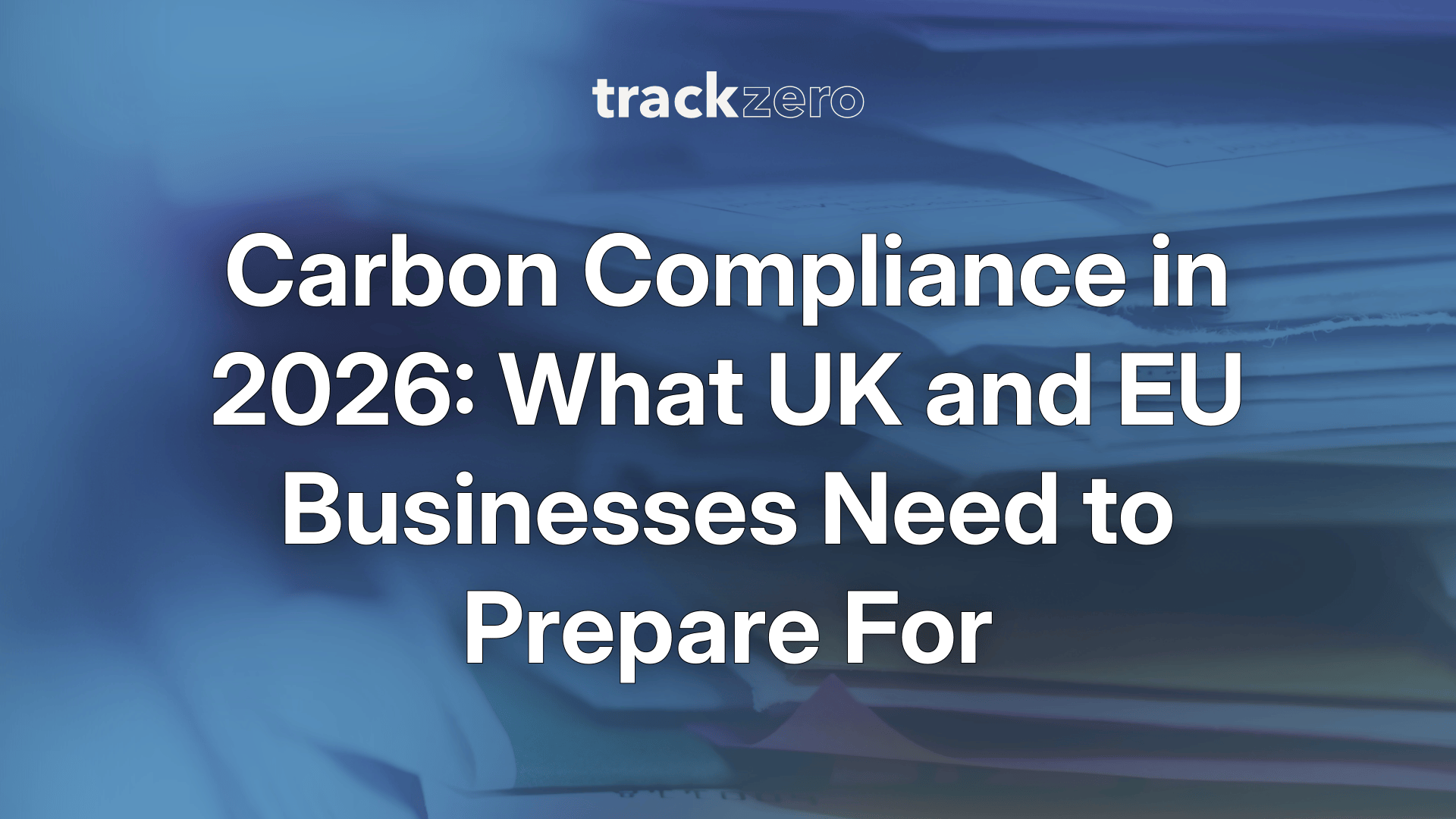Every year on April 7th, World Health Day reminds us of the importance of health and well-being, bringing attention to specific topics. Now, more than ever, we must acknowledge a growing and urgent reality: Our health is deeply connected to the health of our planet. Climate change is no longer just an environmental issue, it is a public health emergency
The Climate Crisis is a Health Crisis
Between 2030 and 2050, climate change is expected to cause approximately 250,000 additional deaths per year, says the World Health Organisation (WHO). Climate change has been identified as the most important health threat of this century.
From rising global temperatures, extreme weather events and pollution, we must recognise that the impacts of climate change are already here.
Extreme Weather
Heatwaves, wildfires, floods, and hurricanes are displacing communities, straining healthcare systems and increasing mortality rates. Many of us will remember the deadly wildfires in California earlier this year, burning through almost 25,000 acres. These fires caused substantial damage, both in economic cost, and health. The risk of wildfires and human exposure to fire danger increased across 124 countries in 2019 and 2023, due to higher temperatures and more frequent droughts. Wildfires are just one example of events that will escalate more as the planet warms. There are daily examples in the news from across the globe. Sadly, these impacts disproportionately fall on the 745 million people who lack access to electricity and have contributed the least to global emissions. The Lancet Countdown on Health and Climate Change reports that climate-related disasters are worsening health inequalities and increasing pressure on emergency services.
Air Pollution
Air pollution accounted for 8.1 million deaths globally in 2021. Fossil fuel emissions are a leading cause of both global warming and air pollution, with fine particulate matter (PM2.5) linked to asthma, lung cancer, and cardiovascular diseases. Data from the WHO shows that 99% of the global population breathe air that exceeds the guideline limits and has high levels of pollutants. Here in Milton Keynes where our TrackZero HQ is based, 5% of deaths in people over the age of 30 are attributed to air pollution. Thankfully, air pollution emissions have declined in the last two decades, but more work is still needed to protect our health and the planet.
Food and Water Insecurity
Climate change is disrupting food production and water availability, leading to malnutrition and dehydration-related health risks. The Food and Agriculture Organization (FAO) warns that rising temperatures, droughts, and extreme weather events are reducing crop yields and depleting freshwater sources, threatening global food security. In developing regions, this contributes to undernutrition, while in wealthier nations, it leads to increased food prices and diet-related diseases.
Diseases
Rising temperatures and shifting ecosystems are expanding the range of vector-borne diseases like malaria, dengue, and Lyme disease. The Centers for Disease Control and Prevention (CDC) warns that climate change is increasing the spread of diseases carried by mosquitoes, ticks, and other vectors. Mosquito-borne diseases are responsible for more than one million deaths and 700 million infections per year. Warmer temperatures accelerate mosquito development and lengthen disease transmission seasons by a month or more.
Sustainability as a solution
The 2025 World Health Day theme is titled, 'Healthy Beginnings, Hopeful Futures', focussing on improving maternal and newborn health and women's long-term health and wellbeing. This vision cannot be achieved without addressing the interconnected crises of climate change and health. The call for "hopeful futures" is a reminder that we can create healthier, more resilient societies by taking climate action today. In the fight against climate change, everyone has a part to play, whether you're a business leader, policymaker, or individual. Here are two ways we can contribute to a healthier future:
Reducing Carbon Emissions
Reducing carbon emissions is essential for mitigating climate change and improving public health. According to the Intergovernmental Panel on Climate Change (IPCC), limiting global warming to 1.5°C could prevent millions of premature deaths by reducing air pollution and minimizing the health impacts of extreme weather events. Every reduction in carbon emissions helps reduce the burden on healthcare systems caused by diseases linked to air pollution and extreme heat.
Sustainable Business Practices
For businesses, sustainability isn't just about reducing emissions, it's about embedding sustainability into every aspect of operations, from supply chain management to product design. Companies can invest in renewable energy, adopt circular economy principles, and promote sustainable sourcing to reduce their carbon footprint and environmental impact. More than ever, businesses must think long term, prioritising resilience and risk mitigation in the face of an unpredictable climate.
Conserve Water and Reduce Food Waste
Water scarcity is one of the many health risks exacerbated by climate change. By being mindful of water use in our daily lives and reducing food waste, individuals can contribute to alleviating the pressures on our global food and water systems. The United Nations estimates that by 2030, nearly half of the world's population could be living in water-stressed areas.
Advocate for Green Policies
Whether it's supporting local policies that promote green spaces, sustainable transport, or renewable energy, individuals can raise their voices to encourage climate action at all levels of government. Supporting policies that reduce carbon emissions and improve public health infrastructure contributes to building a "hopeful future" for all.
A sustainable future is a healthy future
As we mark World Health Day 2025, it's clear: the fight for public health is inseparable from the fight for climate action. The interconnected crises of climate change and health are not distant challenges, they are present, urgent, and demand immediate action. By reducing carbon emissions, embracing sustainable practices, and making conscious decisions as individuals and businesses, we can create a healthier, more resilient future.
🔗 Platforms like TrackZero enable businesses to measure and reduce their carbon footprint, ensuring that sustainability becomes an integral part of their strategy.
Reach out to us today to start or accelerate your contribution to people and planet 🚀🌍




